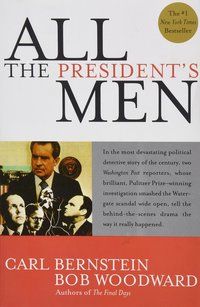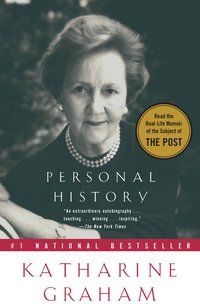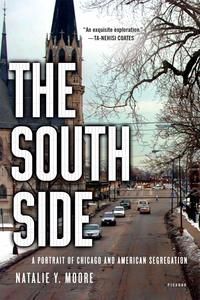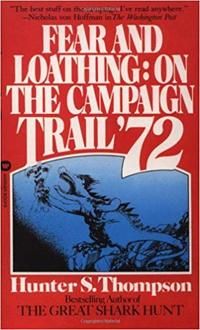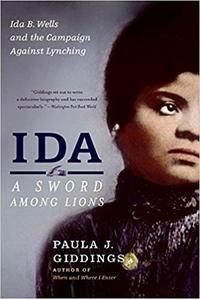That’s not to mention accusations of fake news, harassment on social media, and being labeled “the enemy of the people.” It’s a hard time for journalists, but the work remains as important as it has been for hundreds of years. Without journalism, we wouldn’t know the real impacts of the opioid crisis or understand the damage left by Hurricane Maria in Puerto Rico. These books are works of journalism in themselves, tales of how the story was reported, or stories about important journalists. All will remind us why journalism has been important for decades.
All the President’s Men By Bob Woodward and Carl Bernstein
Every list of journalism-related books needs to include All the President’s Men. I’ve read this book at least a half dozen times and watched the movie (which is remarkably close to the book) dozens of times more. There is much any journalist can learn from the work Bob Woodward and Carl Bernstein did in covering Watergate. This is the book that inspired thousands of people to become journalists. The duo followed up with The Final Days, which focused on the end of Richard Nixon’s presidency. It’s worth reading after All the President’s Men as it completes the story.
Betrayal: The Crisis in the Catholic Church By The Boston Globe Staff
The movie Spotlight is based on reality, real work by a real team of investigative journalists. This Boston Globe investigative team worked for years to shine a light on the abuse by Catholic priests and the church leadership’s efforts to keep it hidden. The team earned a Pulitzer Prize for their work. Betrayal is the collection of the team’s work and was originally published in 2002. It was republished after Spotlight was released so people could read the work highlighted in the movie.
Personal History By Katharine Graham
The Post was pitched as a movie about the Pentagon Papers and The Washington Post’s role in publishing them. But the movie is much bigger. It tells the story of Katherine Graham, the paper’s trailblazing publisher. Obviously the movie fictionalizes much of Graham’s personal history. But Personal History tells her whole story, far before she became the paper’s publisher in 1963, including about her husband’s mental illness. Graham would go on to be a role model for women in journalism as she lead the paper through coverage of the Pentagon Papers and ultimately Watergate.
The South Side by Natalie Moore
Local journalism is what affects people the most, and local journalists often have an incredible insight into the world they cover. Natalie Moore, a Chicago native, is called the South Side’s Lois Lane as the WBEZ South Side correspondent. In The South Side, she takes her history as a South Side native and as a reporter to give insight into the segregation the neighborhood experiences. It’s the kind of insight only a local reporter, especially one with ties to the community she covers, can provide on the issues the community faces every day.
Fear and Loathing on the Campaign Trail by Hunter S. Thompson
I could have chosen a large number of Hunter S. Thompson’s books to include on this list. But Thompson’s coverage of the 1972 presidential election transcends time. So much will remind you of any presidential campaign. The book does make me wonder how Thompson would have covered the 2016 election and current politics.
Ida: A Sword Among Lions By Paula Giddings
Ida B. Wells was a founding member of the NAACP and worked tirelessly as civil rights and women’s rights activist. She also was a journalist. She investigated lynchings while living in Memphis, speaking with eyewitnesses and analyzing statistics before publishing her findings. It was important work, and it also forced her to leave her home because of the threat of violence against her. It’s the kind of history that gives perspective of where we’ve been as a country and the sacrifices earlier journalists made to shine a light on the truth.
